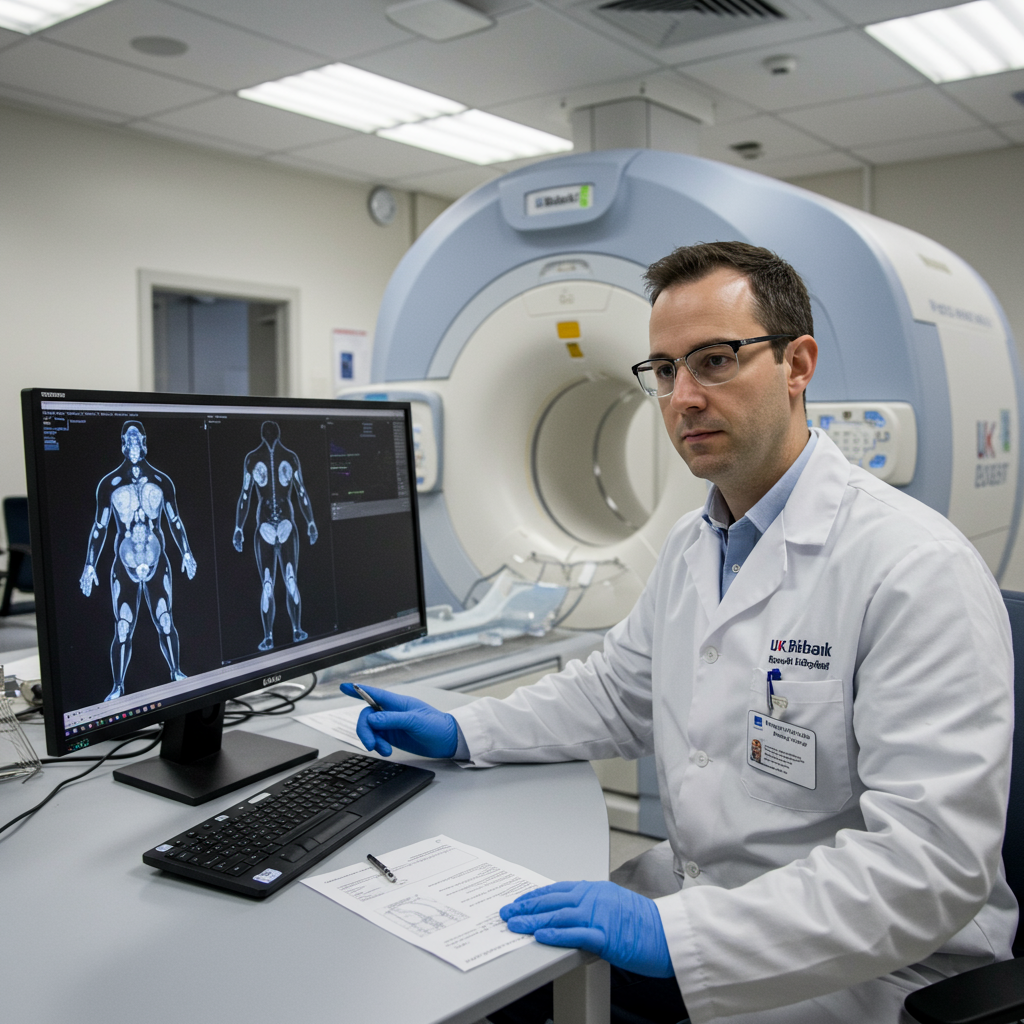Ketamine, often recognized in headlines linked to recreational use and serious risks, is now generating significant interest in Scotland for its potential to treat severe depression. For individuals who haven’t found relief from conventional therapies, this powerful drug is emerging as a potential new avenue for hope.
Experts in Scotland are exploring how clinical use of ketamine, administered under strict medical supervision, could offer a lifeline to those struggling with the most challenging forms of depression, including treatment-resistant cases.
A Potential Alternative on the Horizon
In a promising development, an NHS Lothian psychiatrist is aiming to establish a dedicated clinic at the Royal Edinburgh Hospital by the end of the year. This proposed clinic would offer intravenous (IV) ketamine as an alternative to treatments like electroconvulsive therapy (ECT) for patients whose severe depression hasn’t responded to multiple other interventions, such as different antidepressants.
This initiative follows the establishment of a private clinic, Eulas, in Lanarkshire, which began offering ketamine-assisted therapy in the summer of 2023. Operating under license from Healthcare Improvement Scotland, the Eulas clinic provides a program combining IV ketamine infusions with psychotherapy sessions.
A Patient’s Perspective: Finding Relief
Alex, a patient at the Eulas clinic, shared her experience after moving to Scotland from the United States. Having battled severe depression and anxiety where traditional treatments proved ineffective, she sought ketamine-assisted therapy.
Alex described crying constantly and resisting engagement before the treatment. During the ketamine infusions, she experienced a “psychedelic experience,” including visual sensations and a feeling of floating. Crucially, Alex believes these infusions made her significantly more receptive to subsequent psychotherapy. She found that the experiences during the infusion provided images and feelings to discuss with her therapist, making the processing of difficult emotions and experiences “more palatable.”
Following her treatment, Alex reported a dramatic improvement, stating she feels “pretty well,” is active, trying new things, and “getting back to the person” she felt she used to be.
Who Qualifies and What Does it Cost?
Access to clinical ketamine treatment, even in the private sector, requires patients to have a diagnosed condition and undergo assessment by a psychiatrist.
The Eulas clinic program, which includes four IV infusions and psychotherapy, costs £6,000. Sean Gillen, the clinic’s director, acknowledges this significant cost is a major barrier for many and expressed a desire to partner with the NHS to make the treatment more accessible. The expense covers the highly specialized medical professionals involved, including psychiatrists, anaesthetists, and psychotherapists.
NHS Lothian is currently evaluating the potential use of IV ketamine as a cost-effective alternative to ECT, but no final decision has been made. Patient safety and cost factors are central to these considerations.
Clinical Ketamine vs. Recreational Use: A Critical Distinction
It’s vital to understand the profound difference between clinical ketamine treatment and recreational use. While street ketamine carries serious risks, including bladder damage and potential fatalities, the medical application is vastly different.
Prof Andrew McIntosh emphasized that ketamine used in clinical settings is a highly pure form, administered under strictly controlled conditions. The dosage for depression treatment is “far, far lower” than typically used recreationally, significantly reducing associated risks. Unlike illicit substances, the purity and controlled environment ensure patients receive only the intended drug without harmful contaminants often found in street versions.
How Might it Work? Unlocking the Brain
While the effectiveness of ketamine for severe depression has been demonstrated, the exact mechanisms are not yet fully understood. Theories suggest it may help the brain become more “plastic” or adaptable, potentially altering connections between different brain regions. The current understanding is that it’s highly effective, even if the precise “jigsaw pieces” aren’t fully fitted together yet.
The approach often involves combining the ketamine experience with psychotherapy. Some experts believe the altered state induced by ketamine may open a window for patients to process emotions and experiences more effectively during therapy sessions, similar to how reflection and discussion can deepen the impact of other therapeutic tools.
Licensing and the Future Outlook
Ketamine is primarily licensed as a medical anaesthetic in the UK. Its use for depression is considered “off-label,” meaning doctors can prescribe it for conditions other than its primary licensed use, based on their clinical judgment and evidence.
A related medication, Esketamine (a nasal spray), has already been approved in Scotland for moderate to severe treatment-resistant depression. However, intravenous ketamine specifically is not yet licensed for this purpose, although it can be prescribed off-label.
The Royal College of Psychiatrists is expected to release updated guidance on psychedelics, including ketamine, later this year, potentially providing further clarity and direction.
While challenges remain regarding accessibility and full understanding of its mechanisms, the growing interest and progress in exploring clinical ketamine signal potential new avenues for hope for those most severely affected by depression in Scotland.
If you, or someone you know, have been affected by mental health issues, you could visit BBC Action Line to find information on organisations that can help.



